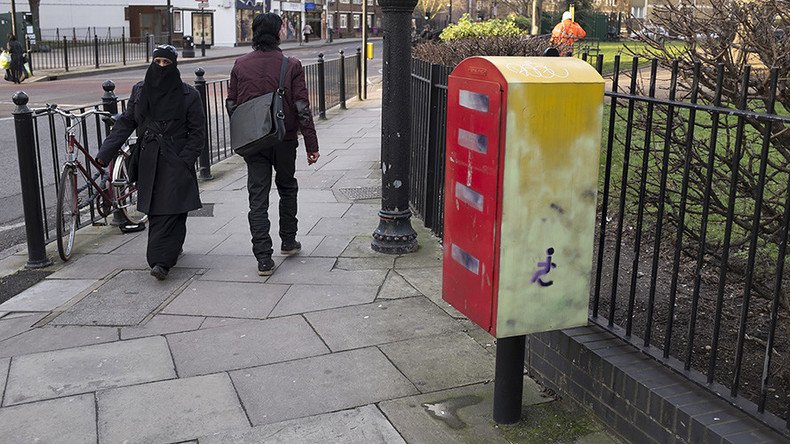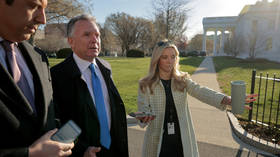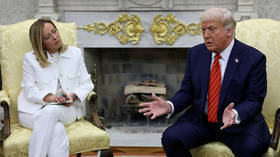Every fifth European doesn’t want a Muslim neighbor - survey

Around a fifth of European citizens do not want to live next door to adherents of the Islamic faith, a fresh survey has revealed.
The research, which was carried out by Germany’s Bertelsmann Stiftung foundation as part of the Religious Monitor 2017 project, saw 10,000 people interviewed in Germany, Austria, Switzerland, France and the UK, which between them are home to some 14 million Muslims.
“20 percent of citizens questioned say they do not want to have Muslims as neighbors,” Bertelsmann Stiftung said.
According to the survey, the level of concern over Islam is the highest in Austria (28 percent) and lowest in France (14 percent).
According to Muslimpress, the same survey revealed that around 31 percent of people in the five countries didn’t want to live near refugees in general, regardless of their religion.
Bertelsmann Stiftung also addressed discrimination against Muslims in the European labor market in its paper.
“Everywhere, except in the UK” highly religious Muslims have more difficulty finding a job in accordance with their qualification than less devoted Islam followers, according to the foundation’s findings.
Muslims were also being paid less, especially in Germany, as they usually occupy low-wage positions, it added.
“So far, no country in western Europe has found a convincing strategy that addresses both equal opportunity as well as respect for religious diversity,” Yasemin El-Menouar, Islam expert at Bertelsmann Stiftung, said.
At the same time, other data gathered by Religious Monitor 2017 suggested that Muslims are well-integrated into mainstream society in Europe.
READ MORE: European court backs Belgian face veil ban
Second- and third-generation Muslims living in Europe have much better knowledge of the local language, better levels of education and better jobs, compared with those who are recent arrivals to the EU.
The children of most immigrants are learning the tongue of their country of residence as their first language, Bertelsmann Stiftung said.
Over 90 percent of immigrant kids have French as their primary language in France, with 80 percent of Muslims born in Britain learning English as children.
READ MORE: 'We don't need them': Austrian FM wants to end Islamic kindergartens to boost integration
“Seventy-five percent of Muslims regularly spend their free time with non-Muslims,” the research said.
According to Bertelsmann Stiftung, around 94 percent of Muslims, interviewed by the foundation, said that they felt connected with their European country they live in.














